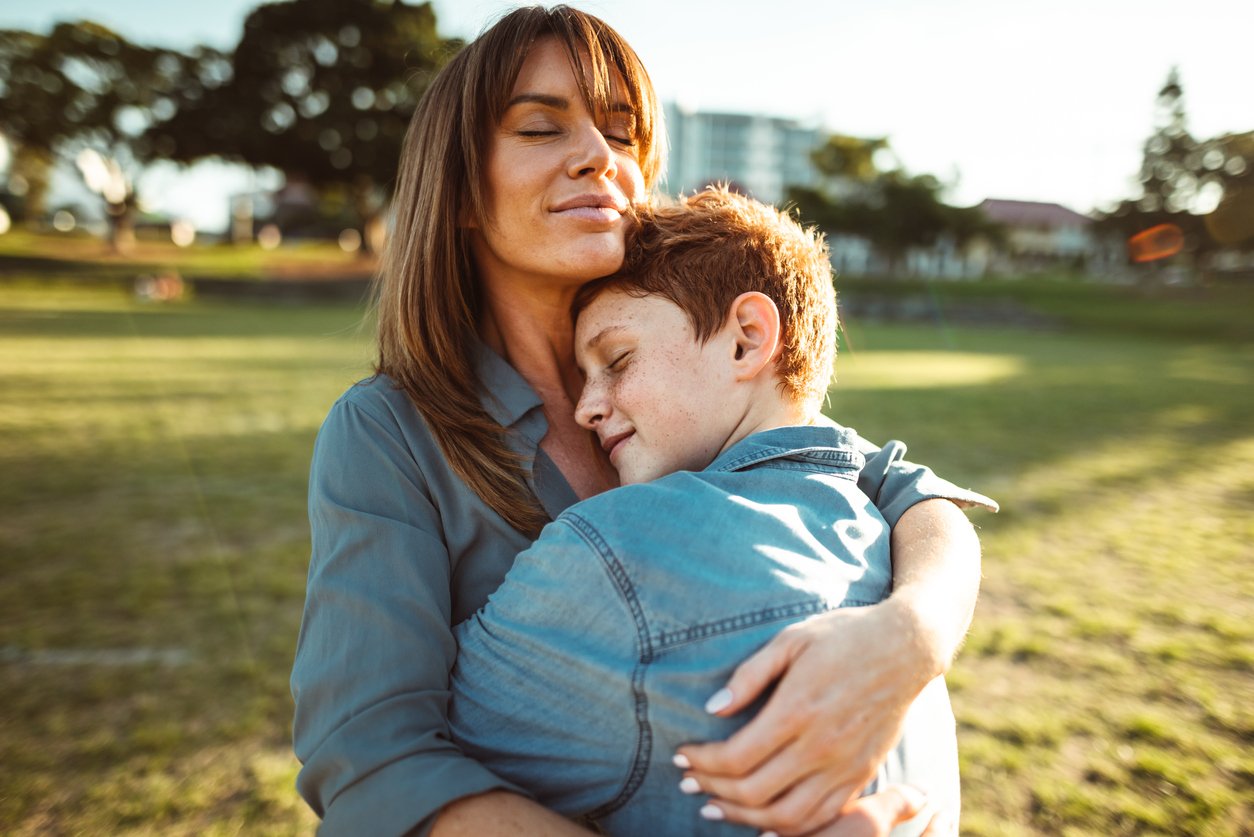“The Path of Motherhood: Caring for a Child with Autism”

We present the anonymous true, moving story of the mother of a child with autism, told in the first person.
“When I first heard the official diagnosis, I felt confused and didn’t believe it at first. There was a brief period of denial, but it didn’t last long. Soon, shock and uncertainty set in as I tried to process what it meant. Then, a wave of concern and questions followed—how would this impact my life, and what steps would I need to take next? However, I was quite quick to accept the diagnosis and focus on finding solutions. Over time, as I learned more and found support, I started to feel more in control and focused on moving forward.
At first, the hardest part of coming to terms with my child’s autism wasn’t the most serious realization. I didn’t immediately think about what he would do without me in this world. Instead, my mind focused on smaller, less important things—things that, at the time, felt significant. I thought about how he would never go to prom, never dance the first and last dance at school, never kick a ball like other children, or experience having a best friend who truly shared his interests. Because he was unique—he was the only one of his kind, and there was no one else like him. Then, my thoughts shifted to bigger things. I started thinking about how he might never get married, never become a father. I worried that he was somehow being deprived of all the traditional life milestones and the joys that so many people experience. But over time, I realized that these worries were based on societal expectations, not on what would actually make him happy. I came to understand that happiness isn’t defined by these conventional milestones—he could find joy in his own way, on his own terms. Later, as I went deeper into understanding his diagnosis and what it truly meant, my biggest concern became something much more profound. The hardest part was not knowing what the future holds for him. The uncertainty of what he will do without me, how he will navigate life when I’m not there to guide and protect him—that became my greatest fear. And even now, that remains the hardest part of all.
Sometimes, the most emotional moments come when I see the huge difference between my child and his peers. I see how he struggles to communicate his thoughts, how he isn’t always understood, and how he needs me by his side to help guide him through different life situations. The most emotionally challenging part is realizing that, as he grows, he becomes more aware of these differences. With each passing year, he feels it more deeply—he knows he is different, that he is unique. No matter how often I tell him, ‘You’re special, you’re amazing just the way you are,’ I can sometimes see that these words don’t always bring comfort. Instead, there are moments when he retreats into himself, observing the world from the outside, unsure of how to step in. There are times when he wants to socialize, to connect with friends, but his social difficulties hold him back. And this is where the deepest challenge lies—not just in watching him struggle, but in constantly feeling like I’m not doing enough. No matter how much I do, I always question whether I could do more, whether I could do better. My greatest struggle is trying to get him to a place where he has everything he needs to be happy, yet always wondering if I’m truly succeeding.
My relationship with my child has never really changed because, to me, he has always been the same—the child I love unconditionally, the one who holds a special place in my heart and gets my full attention. However, what did change after learning about his diagnosis was my understanding of him and, in many ways, my attitude toward parenting. Before the diagnosis, I had so many unanswered questions. I often wondered why he reacted differently to situations, why he struggled with things that seemed effortless for other children, why his way of experiencing the world felt so unique. But after the diagnosis, I finally had the answers. I began to see him not in comparison to neurotypical children, not even in comparison to his younger sibling, but as an individual with his own way of thinking, feeling, and processing the world. This realization brought me a profound sense of patience—not just patience in the traditional sense, but a deep, conscious effort to truly understand him. Instead of expecting him to adapt to the world’s standards, I learned to see things from his perspective. My reactions to his behaviors shifted—I no longer judged them by typical expectations but instead tried to meet him where he was, on his terms. In the end, my love for him has never changed, but my awareness, my understanding, and my approach to supporting him have evolved in ways I never expected. And in many ways, that has strengthened our bond even more”.

























